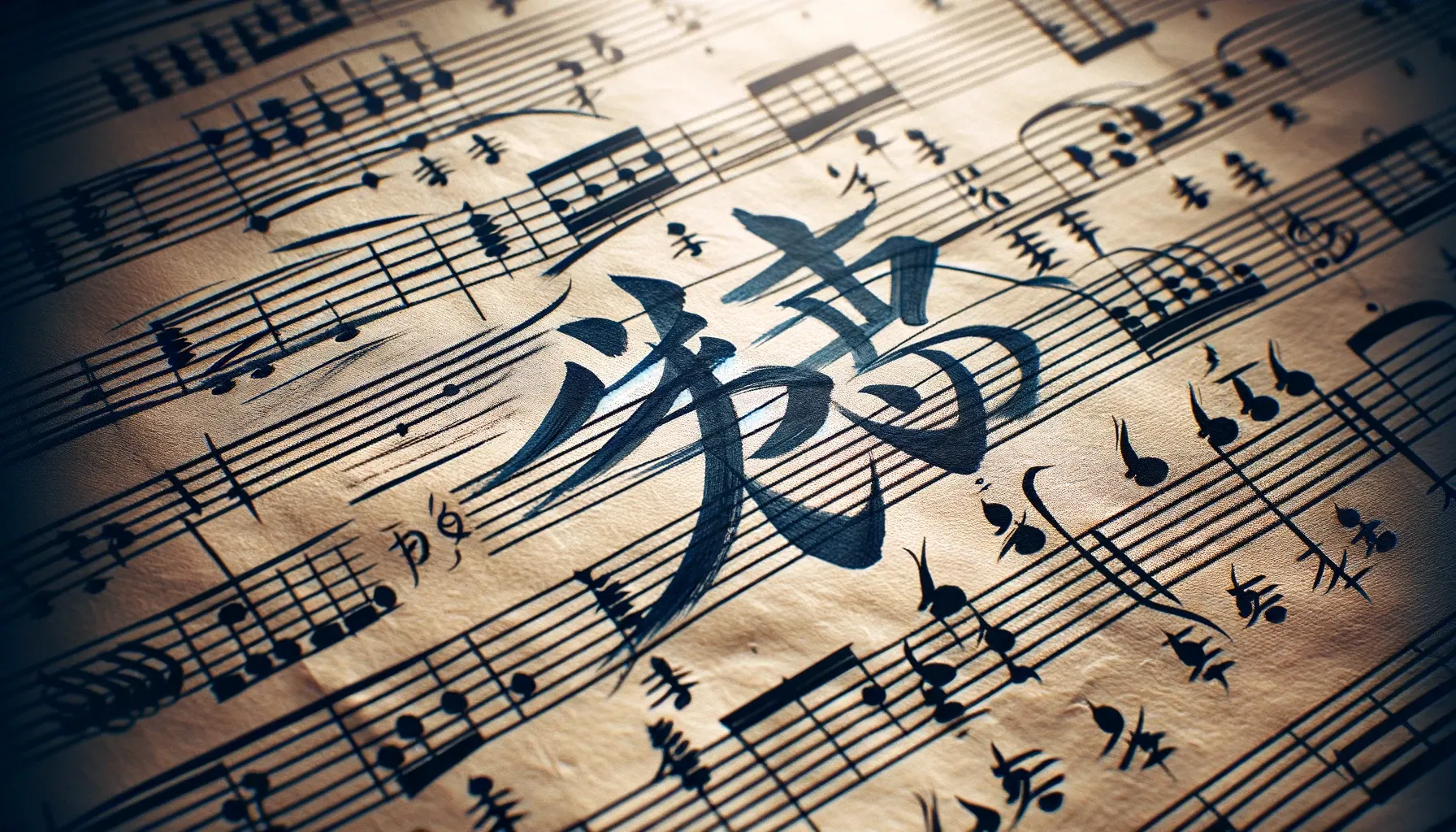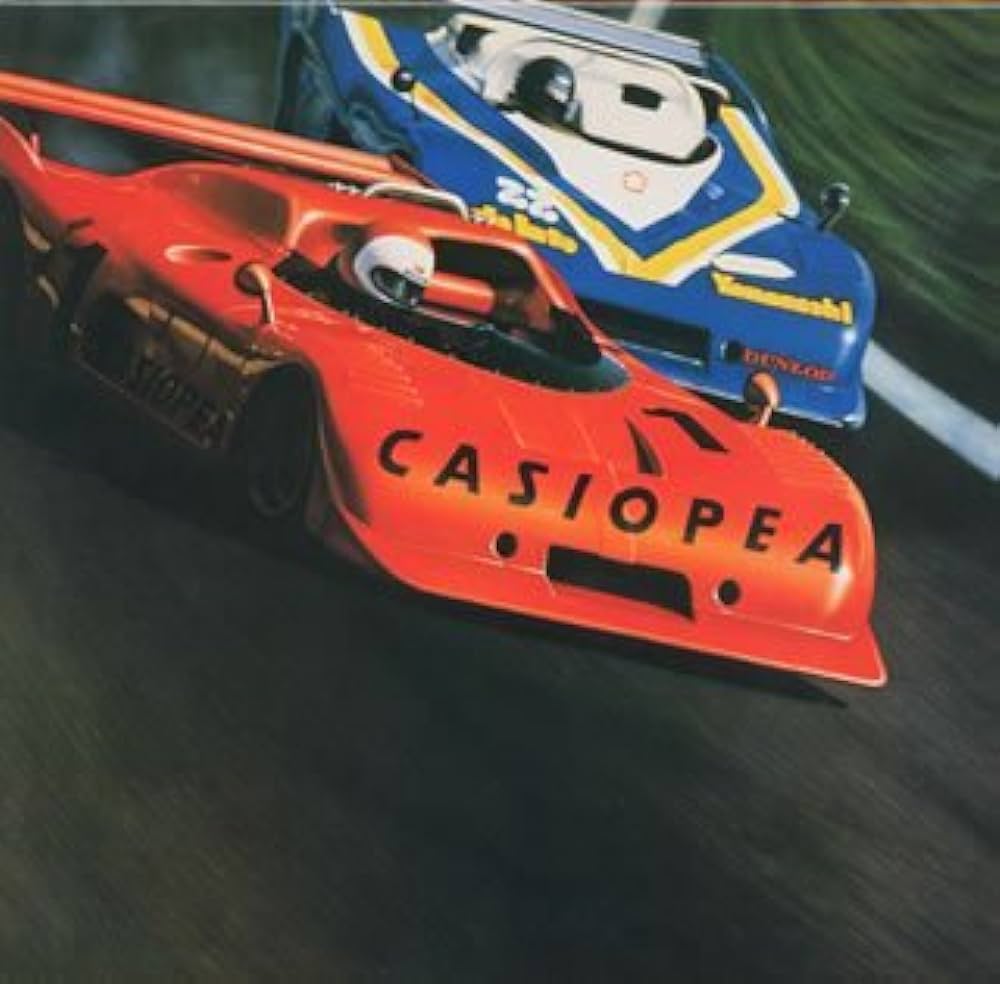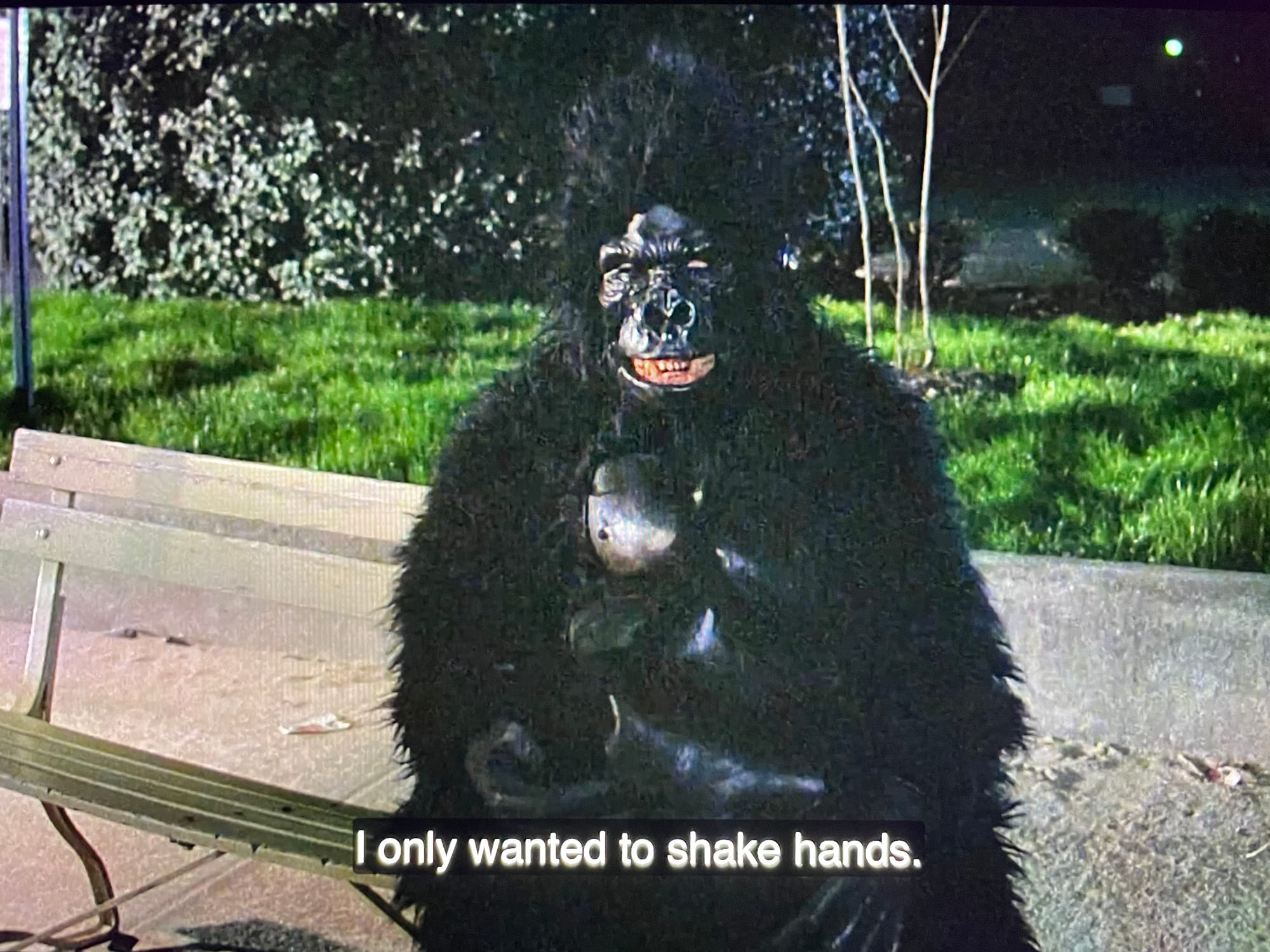Cultural Consumption: 3/5/24
Heading east at the end of a busy day

This has been a recurring theme lately, and boy am I here to tell you it probably isn't going to get better in the short term, but I'm writing you from the end of another pretty jam-packed work day that afforded me far less time than I would have liked for exploring new musical avenues. I'll be spending next week on the other side of the country for an office visit; as always, I shall endeavor to prevent this from interrupting our regularly scheduled programming. No promises, though.
For now, I'm still at home, and although I wasn't able to latch onto a record early and spend the day digging in, I'm pleased to report that I have returned from the field, hunter-gatherer style, with fresh bounty for our ears. That bounty? Casiopea, the 1979 debut album from Japanese jazz fusion legends Casiopea.

I call them legends because they are — these motherfuckers have released more than 40 albums across numerous decades and multiple band configurations — but before today, I'd never heard of them, which makes me sad because I'm a fairly avid fan of music that refracts one culture's songforms through another culture's lens. I'm also a fairly avid fan of Japanese "city pop," a fuzzily defined genre that I suppose Casiopea at least nominally belongs to, at least as far as their debut album is concerned.
You can learn everything you know via that there Wikipedia link, but essentially, city pop is an umbrella that covers a variety of Japanese acts who embraced "urban" American sounds during the late '70s and early '80s. If you know your American sounds, you know the time period in question was generally quite smooth and full of extremely jazzy chords, which means city pop records run the gamut from slightly surreal adult contemporary to full-on fusion. Casiopea runs toward the latter end of the spectrum, although it also bears the distinction of starting a tradition that found the members of the group playing with various luminaries of American music — their brass section for the record was basically the Brecker Brothers and David Sanborn, which is not too fuckin' shabby.
Like the best fusion records, Casiopea is as lean and punchy as it is silky smooth; these eight songs, taken together, clock in at an admirably svelte 36:28. As I said, I'm always intrigued by records that reflect a deep level of cross-cultural osmosis, and in this case, that intrigue is immeasurably bolstered by the fact that this is a rock solid set of smartly written, sharply performed songs. I mean, it's still a fusion record, so if that really turns you off, then I doubt anything here will change your mind. But to have a tolerance for fusion means spending a lot of time listening to deeply uninspired stuff, and speaking as someone with a tolerance for fusion, Casiopea deserves to be counted among the better entries in the genre. This shit is so much fun.
Watching: Got myself caught up with Curb Your Enthusiasm today by watching S12 E5, "Fish Stuck," which leads off with a memoriam to longtime Curb mainstay Richard Lewis before doing what the show always does, which is finding seemingly disparate ways to annoy and humiliate Larry, then having them all converge in the episode's final moments. This time out, Larry manages to get his lawyer kicked out of his home, enrage two women who've recently been broken up with, and inspire several defamatory bricks. Like anything else you could say about this show, it makes more sense if you've seen it.
Reading: Still wending my way through The Complete Stories by Flannery O'Connor; I'm currently partway through Wise Blood, O'Connor's 1952 novel about a semi-deranged self-styled preacher and his warped adventures in a deeply eccentric version of the American South. I'd completely forgotten about this, but I watched the film adaptation of Wise Blood, which is pretty much just as cuckoo as it should have been, given the source material:

